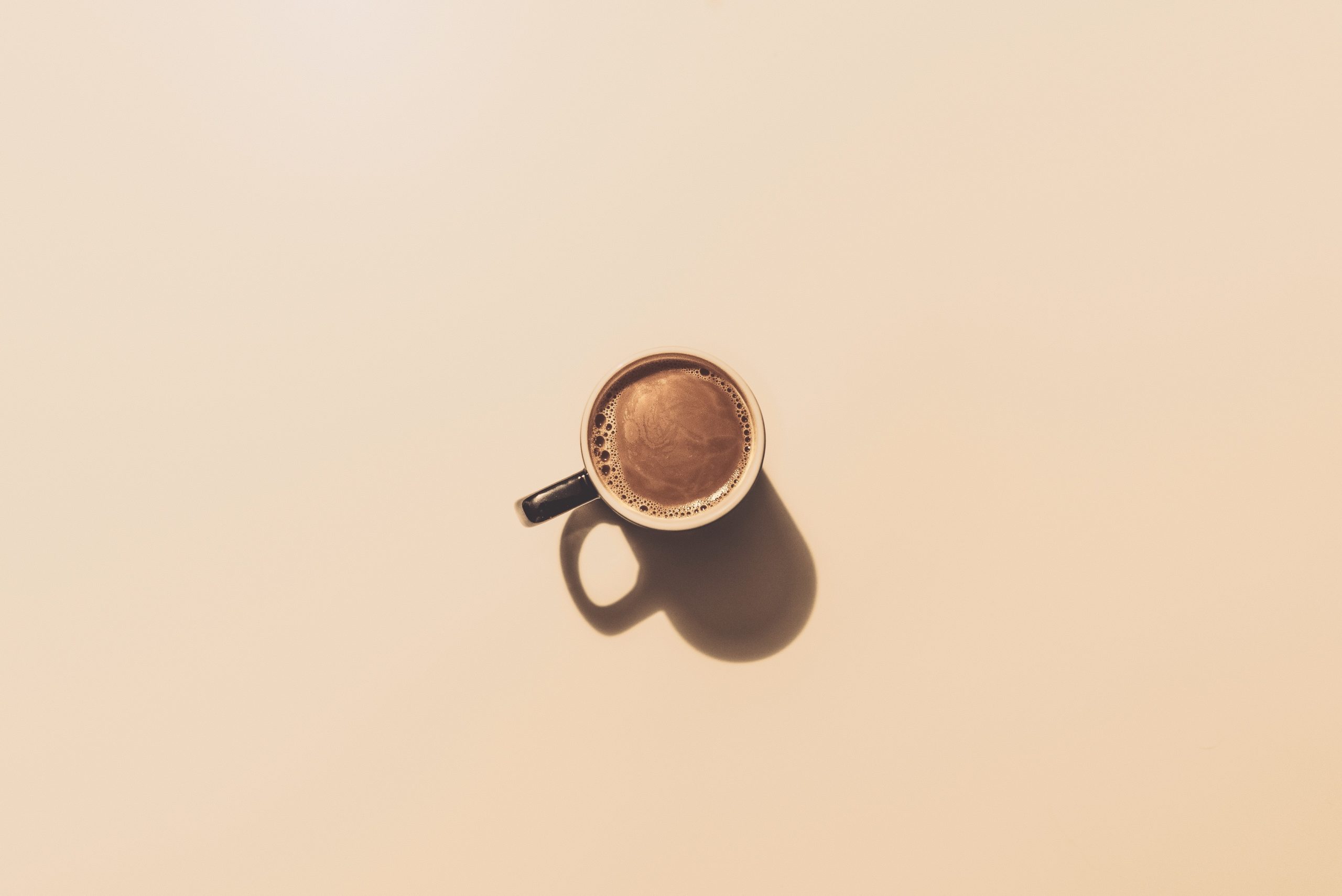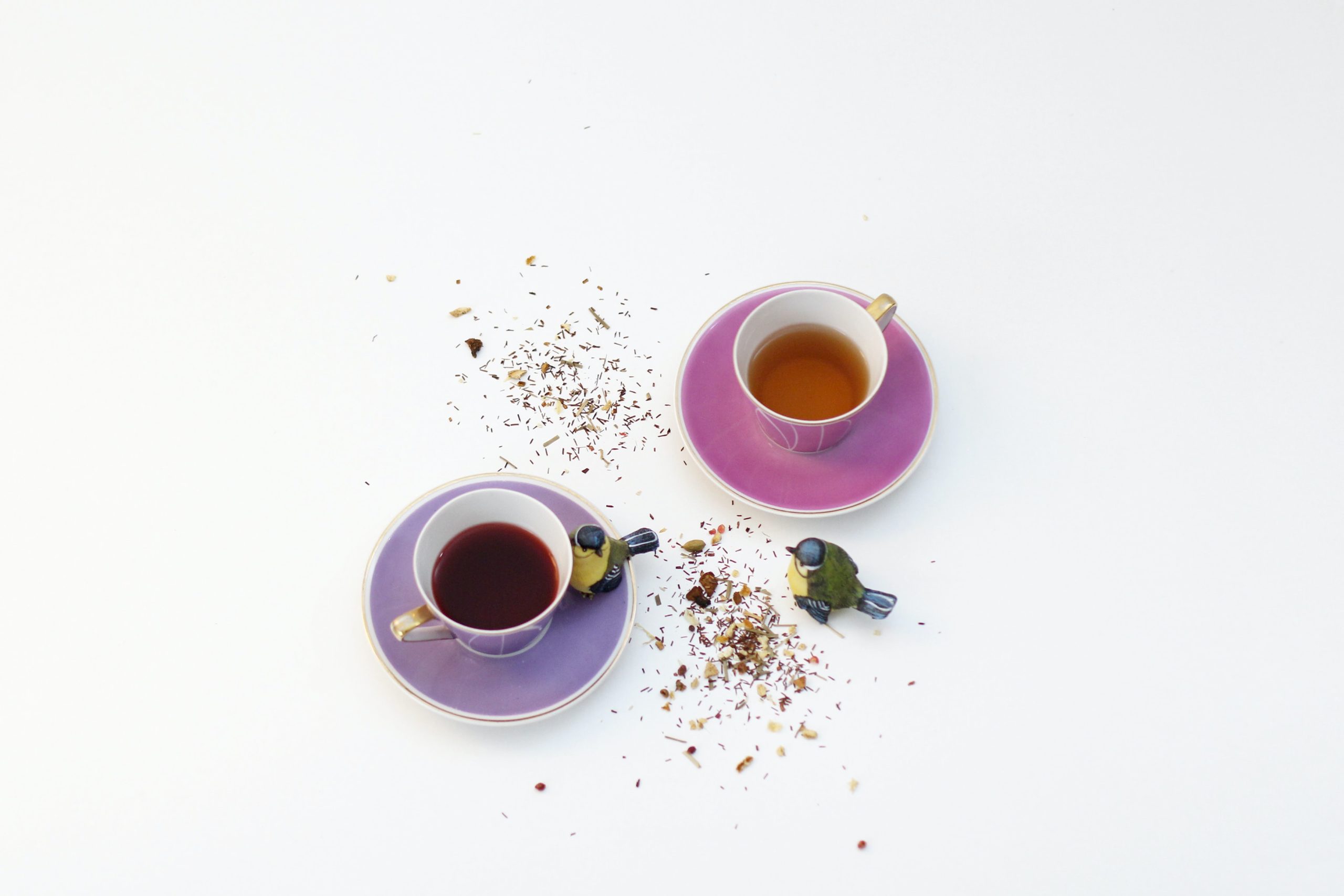Are you interested in the caffeine content of tea and coffee?
We'll tell you about it.
In this article, you will find out how much caffeine is in tea versus coffee. You'll also learn what affects the amount of caffeine in your drink.
Let's get started.
What Is Caffeine?

Caffeine is a substance that many plant species produce to protect themselves from insects.
Many plants—like guarana and cola—contain this substance in their fruits, leaves, or seeds.
Caffeine is present not only in coffee beans but also in our favorite drinks, like Pepsi, Coca-Cola, and energy drinks.
When consumed, caffeine has a strong effect on the central nervous system.
With excessive use, the following side effects may occur:
- Rapid heart rate
- Frequent urination
- Insomnia
What Is the Recommended Daily Caffeine Intake?
The dosage for the use of coffee and tea, as well as other caffeinated drinks, should be treated very carefully.
It is recommended that you consume no more than 400 mg of caffeine per day.
You can get that dose by drinking four cups of coffee or 10 cans of Сola.
But don't drink more than 200 mg at a time.
Consuming caffeinated foods consciously and in moderation can provide health benefits.
Caffeine promotes a good mood, improves athletic performance, and speeds up metabolism.
The main problem is that its impact on each person can be very different.
For some, a cup of tea is enough to get energized, while others will not feel any effect even after two espressos.
Therefore, it is necessary to understand the actual caffeine content of different drinks.
Which Has More Caffeine? Tea vs Coffee

Tea leaves contain 3.5% caffeine, while coffee beans contain 1.1 to 2.2% caffeine.
But when we talk about a serving of each drink, a cup of black coffee has about 95 mg of caffeine. In a cup of tea, the amount varies from 14 to 61 mg.
Why do we get more caffeine from coffee beans than from tea leaves?
When we brew coffee, we use water at higher temperatures.
We also need more beans to make a cup of coffee.
Which Tea Is Highest In Caffeine?
The amount of caffeine hardly depends on the type of tea.
Black, green, white, and other teas are produced from the leaves of one plant: Camellia sinensis.
The only difference is the processing.
Studies have shown that the concentration of caffeine is approximately the same regardless of whether black, white, or green tea was brewed.
The quantity of caffeine was influenced by other factors.
Let's take a look.
Dosage
Dosage is of great importance: the more tea leaves are added, the higher the level of caffeine.
With 6.7 oz/200 ml of water, 1 teaspoon or 2 grams of loose leaf tea is a good guide.
Water temperature
Regardless of the tea variety you're using, the caffeine level can be increased or decreased by changing the water temperature.
Caffeine stands out much more when using high-temperature water.
When cooler water is used, most the caffeine is retained in the tea leaves.
Cooler water only works with green varieties; black tea cannot be prepared without boiling water, so it will always have a lot of caffeine.
Extraction time
The level of caffeine in tea is directly related to how long you steep the tea leaves.
If the brew has been steeped for a long time, the caffeine level will be much higher than if the brew has been steeped for only a short time.
Is Caffeine in Tea Better Than Caffeine in Coffee?
When comparing the content of caffeine in tea and coffee, the second drink will always be more saturated with the stimulant.
If your goal is to rapidly increase your energy, you should give preference to coffee.
But if you want to enjoy many cups of an invigorating drink without exceeding the recommended daily limit of caffeine, you should choose tea.
If you want to reduce your caffeine intake, choose herbal teas or shorten the brewing time. You could also choose decaf coffees.
